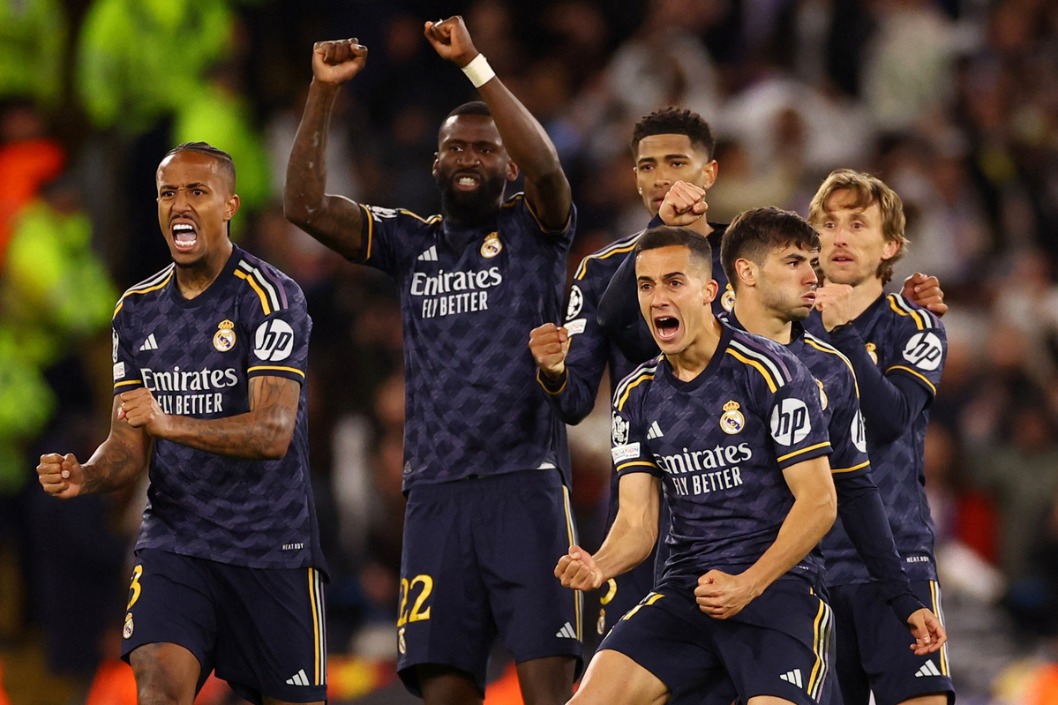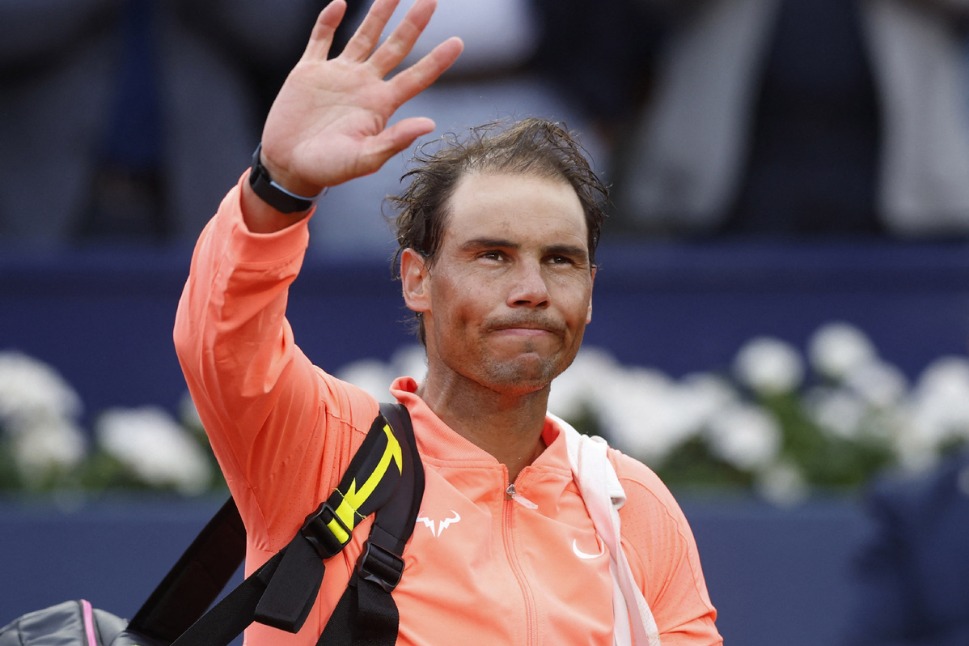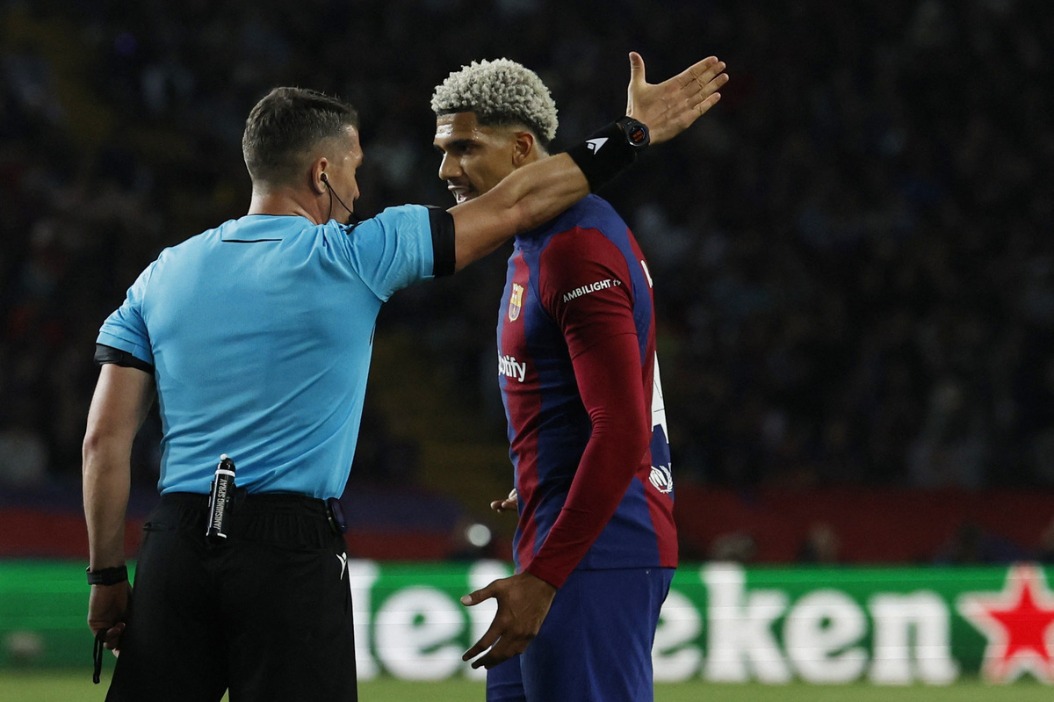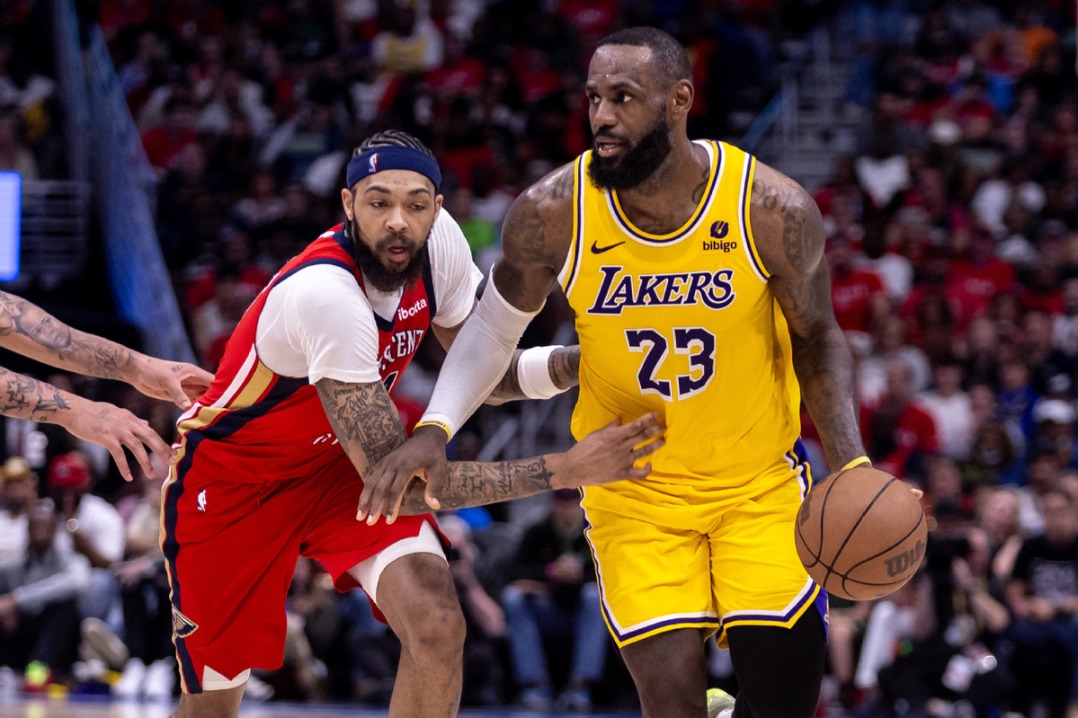Team China at home on the range

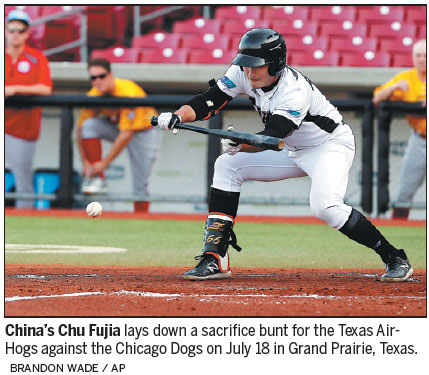
Transplanted players from national squad honing skills, learning lifestyle with Texas AirHogs
GRAND PRAIRIE, Texas - The starting lineups are announced in English and Spanish at home games for the independent Texas Air-Hogs.
Then China's national anthem is played over the loudspeaker.
For about 30 members of the Chinese national baseball team, the suburban ballpark a few miles west of downtown Dallas has become their summer home and training ground in an unprecedented setup.
They are a revolving part of the roster for a professional team, playing more games and against tougher competition while working to improve for future international events such as the upcoming Asian Games and 2020 Olympics in Tokyo.
"The system that they've created here, where we work out in the morning, we've got weight training, the pitchers have a system where we throw on rotation, the coaches have kind of set up a system that's really helped them to be able to make the adjustment to play more games," Sun Jianzeng, a 26-year-old righthander, said through an interpreter.
Back home, the Chinese professionals would play only 20-30 games a season. They make up about two-thirds of the expanded roster for the American Association team now formally known as the AirHogs, affiliated with the Beijing Shougang Eagles.
Ranging in age from 18 to 29, the players rotate on and off the active roster to play up to seven games per week in one of the low minor leagues not affiliated with Major League Baseball.
"It makes it workable, because we don't want to wear these guys down," said AirHogs manager John McLaren, an MLB coach for three decades who has worked with Chinese teams since 2011.

Players not on the active roster for games go through early workouts at AirHogs Stadium, 10 minutes from the home ballpark of the Texas Rangers.
There are numerous conditioning and weight training drills that are new to the Chinese players.
"They're trying to do something they've never done before, which is play so many games on a daily basis," said Larry Hardy, a former Rangers pitching coach filling the same role for the AirHogs.
"You throw into the mix the fact that with the exception of maybe three or four pitchers, they're overmatched physically and in terms of experience. But they're getting better."
McLaren had a short stint managing the Seattle Mariners in 2007-08 and was interim manager of the Washington Nationals for three games in 2011.
For the past two seasons he was on the Philadelphia Phillies staff.
McLaren also managed China at the World Baseball Classic in 2013 and 2017. Over that time, there would be gaps of six or seven months when he wouldn't even see the team - and players would have few opportunities to play baseball.
China has a 2-10 record in its four WBC appearances, getting outscored 102-18 in those games.
"These guys, I don't think they'd ever played twice in a week," McLaren said .
That changed when the Chinese Baseball Association made arrangement with the AirHogs, allowing them to focus on daily development.
They are now together all the time in a 12-team league that stretches more than 1,300 miles from Texas into Canada.
The closest stop is Cleburne, Texas, where 53-year-old former big league slugger Rafael Palmeiro is starring for the Railroaders.
China's only Olympic berth was at the 2008 Beijing Games, going 1-6 in group play after an automatic berth as the host nation.
That was the last time baseball was part of the Summer Games until its return at Tokyo 2022.
The AirHogs are a league-worst 17-44 this season, but player-coach Na Chuang said the team has progressed faster than expected.
The improvement has increasing the confidence of the Chinese players, who will soon leave with McLaren and some of their national team coaches to compete in next month's Asian Games in Indonesia.
Kevin Joseph, who pitched in the majors briefly with the St. Louis Cardinals in 2002, is part of McLaren's staff as an assistant coach and invaluable translator.
Joseph learned Mandarin while spending more than eight years teaching baseball to youngsters after a friend with connections to baseball officials in China invited him there.
"The big need, I think, for China is they don't play a lot of games." said Joseph.
"So for them to be able to come over and learn the rhythm of a baseball lifestyle, play against better competition, has been a great experience.
"The players have really meshed well with the Chinese guys. They love them."
Joseph said hitters have changed the way they swing the bat, being more aggressive and ready to hit pitches traveling faster than they've seen before.
For the pitchers, the emphasis has been on throwing more fastballs and fewer breaking balls.
Hardy said the catchers have started to understand what the coaches are looking for from pitchers.
"The level of play is a lot higher," Jianzeng said. "You can make the smallest mistakes and be hurt here as a pitcher. Because you're playing so many games, you're learning about yourself as a pitcher, and you're getting a lot more experience."
There are the inevitable hiccups because of communication issues and culture differences, including the style of play the Chinese players were used to, but Joseph said things have gone well overall.
"It's fun just to watch them interact with everybody, showing up every day, kidding and joking," he added.
Associated Press
Most Popular
- Chinese runner, 3 pacers in marathon disqualified
- Shanghai welcomes return of Formula 1
- Beijing Half Marathon winner disqualified
- F1 'ten years' away from more Chinese drivers, says Zhou
- Coastal Rizhao set for major sports, leisure events
- China's athletes have earned places in 165 events for Paris Olympics
















